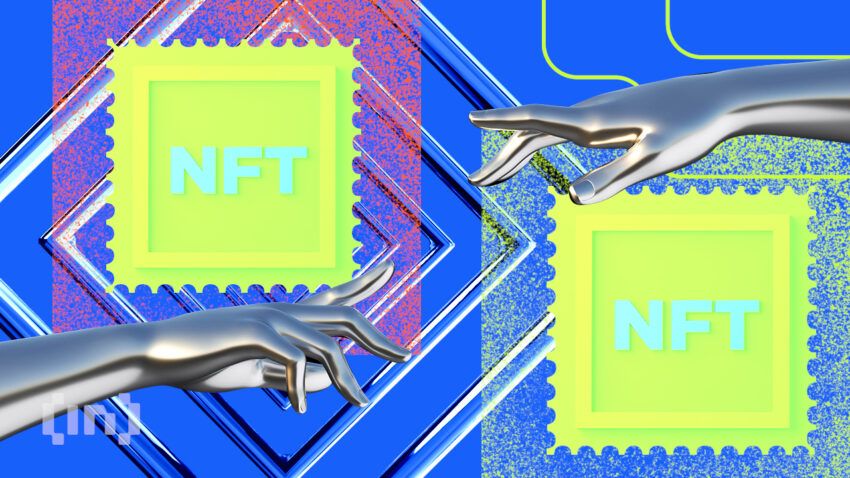A Chinese court has found that NFTs share characteristics of property such as value, scarcity, disposability, and tradability. It states that NFTs and digital collectibles should have the same protections as physical property under Chinese law.
NFTs or ‘non-fungible tokens’ grabbed the attention of the crypto industry and even the mainstream media during their meteoric rise in popularity in 2021. Throughout much of 2022, however, floor prices and trading volumes for these digital collectibles have collapsed.
However, as BeInCrypto reported, trading volumes of the top NFT collections spiked in November despite the turmoil in the broader crypto market brought on by the downfall of FTX.
China, directly or indirectly, likely played a part in this.
NFTs Protected as Property
The Hangzhou Court of China pointed out that NFT digital collections possess characteristics like value, scarcity, controllability, and tradability and belong to the category of online virtual property. A local report highlighted this development:
“The contract involved does not violate China’s laws and regulations, nor does it violate the realistic policy and regulatory orientation of China’s national defense economic and financial risk, and should be protected by Chinese law.”
This announcement follows a recent Hangzhou court case regarding a property rights dispute between an NFT platform and a user.
Different in China
The creation and management of NFTs are different than in the rest of the world. The majority are considered ‘digital collectibles’ rather than ‘tokens.’ This emphasizes their non-tradable and non-currency status.
They are designed to appease regulators who are against trading and speculation. China’s state news agency even issued several digital collectibles last year.
One tricky part of regulating the sector is that much of it is plagued with scams and bad actors. This past April, a court in China’s eastern city of Hangzhou handed down the country’s first landmark ruling on a case involving NFTs. The ruling made marketplaces accountable for users that create nonfungible tokens from stolen artwork.
Meanwhile, Chinese social media giant Tencent Holdings closed the Huanhe nonfungible token platform after just one year of operation. The move comes as regulatory scrutiny of NFTs mounts in the country.
Disclaimer
In adherence to the Trust Project guidelines, BeInCrypto is committed to unbiased, transparent reporting. This news article aims to provide accurate, timely information. However, readers are advised to verify facts independently and consult with a professional before making any decisions based on this content. Please note that our Terms and Conditions, Privacy Policy, and Disclaimers have been updated.


